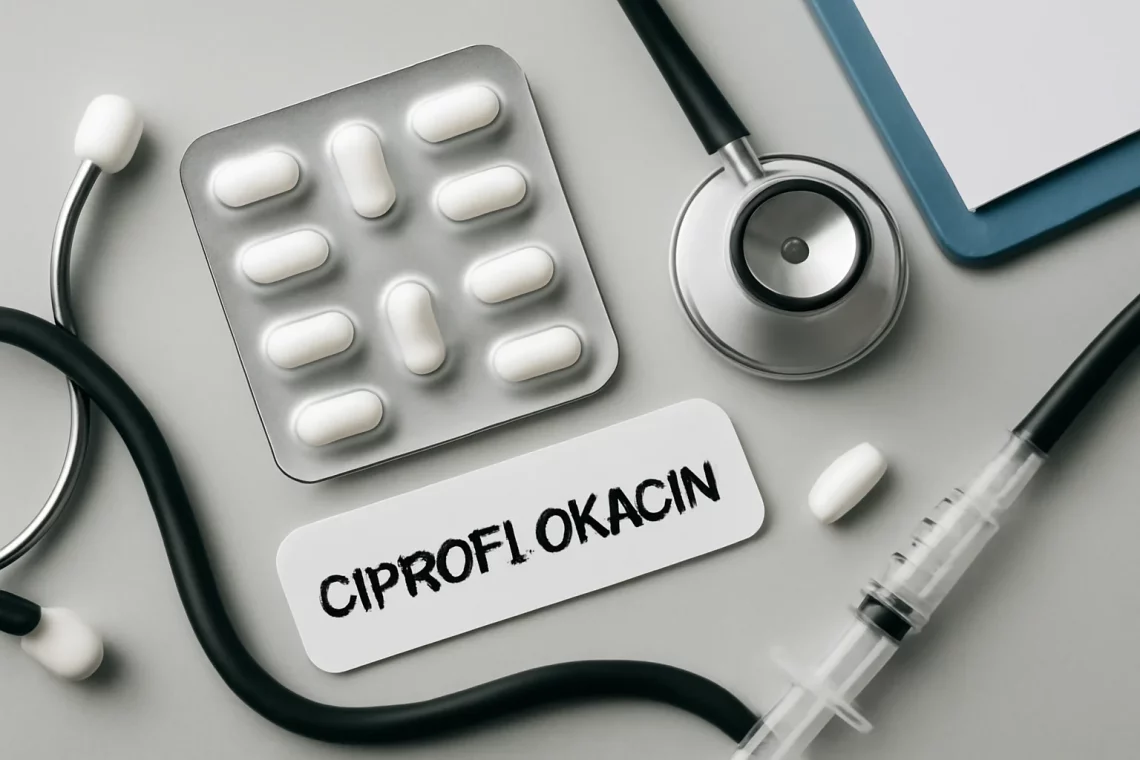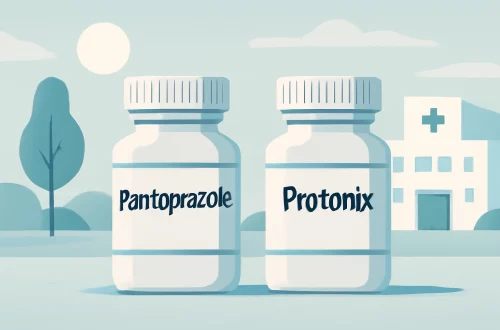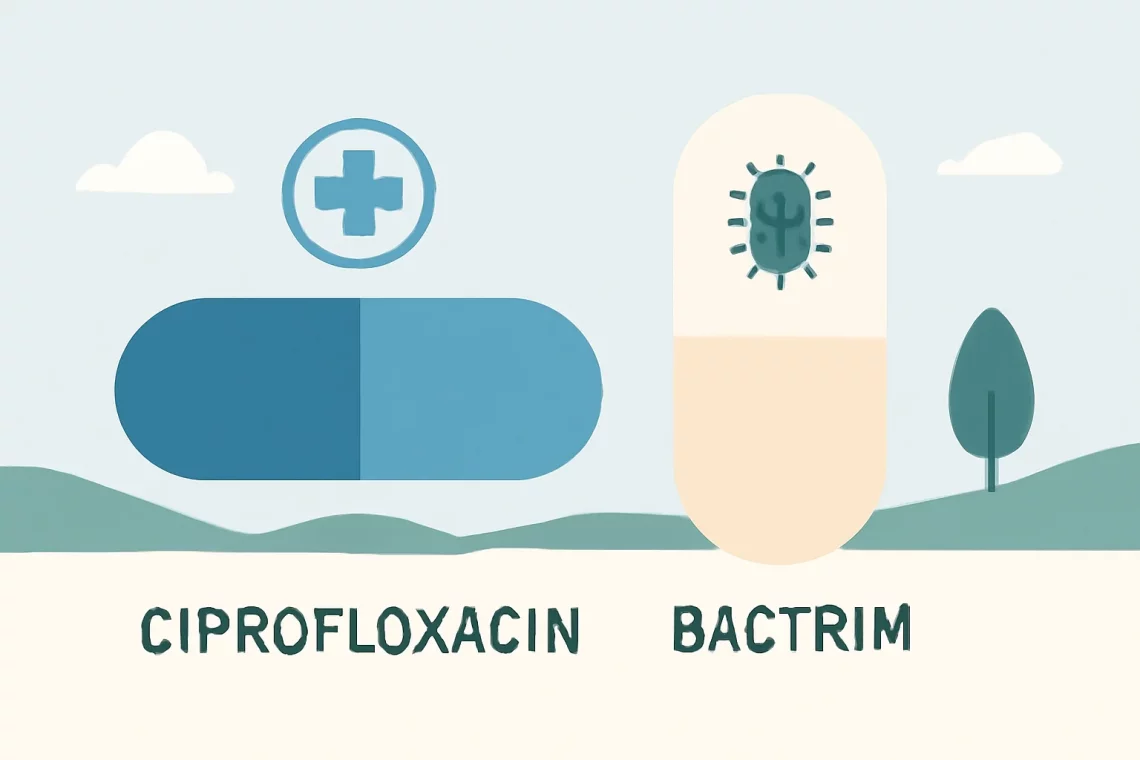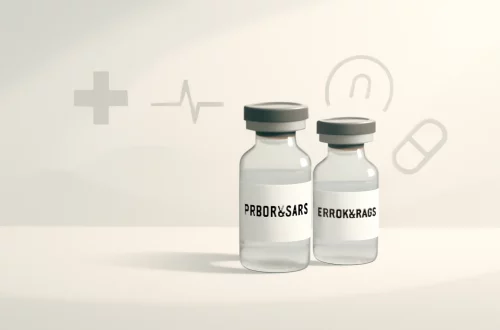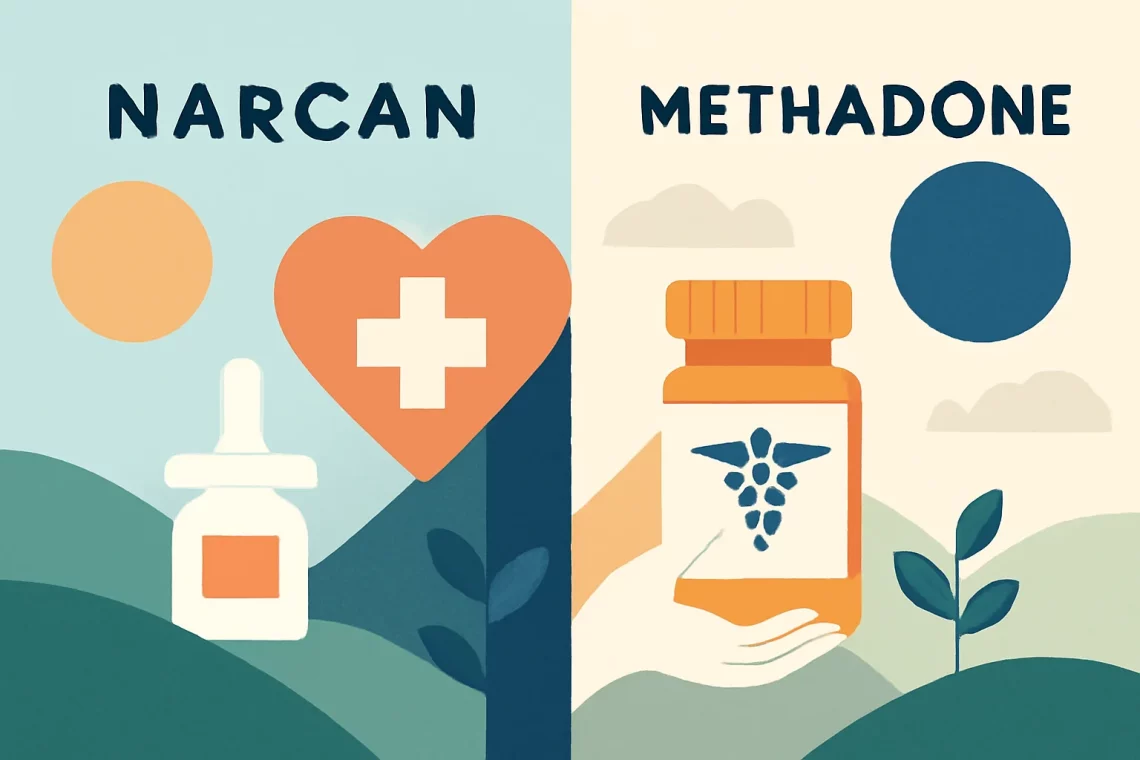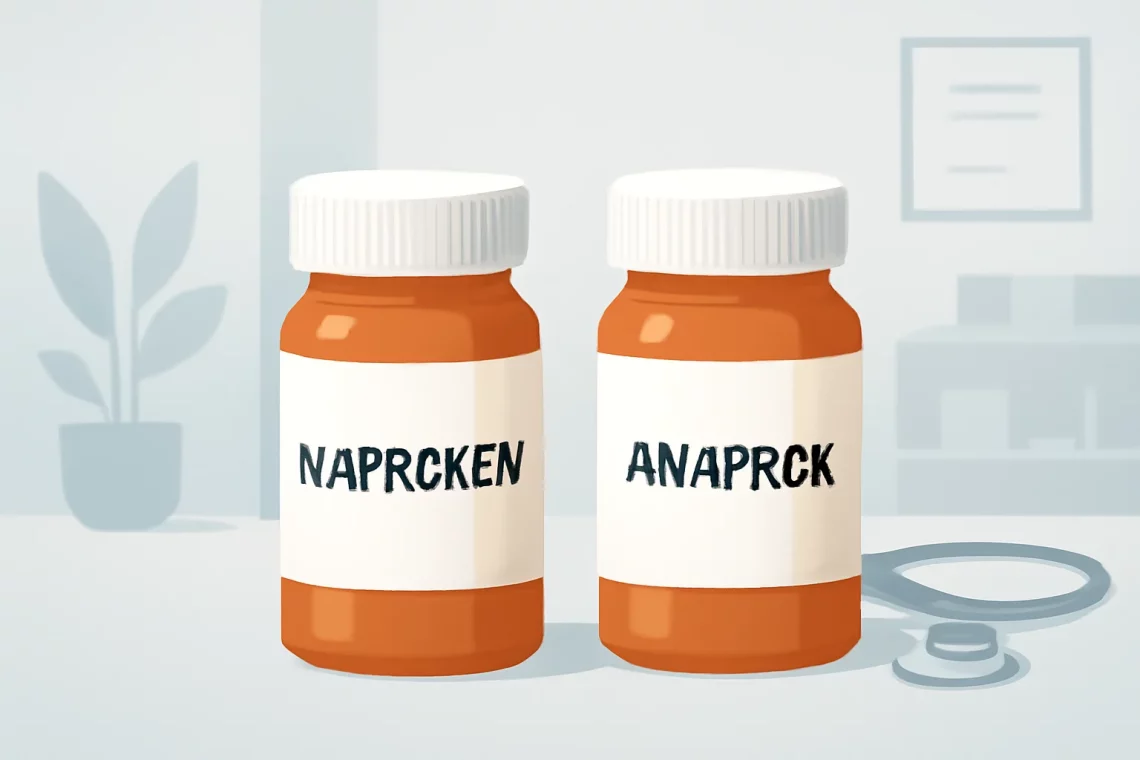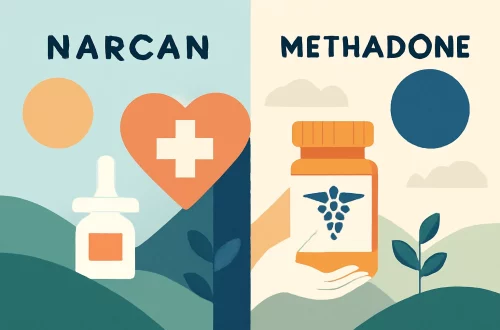-
Rybelsus vs Metformin: Choosing the Right Diabetes Treatment Option
Managing diabetes is a complex and multifaceted challenge that requires careful consideration of various treatment options. Among the most common medications prescribed for Type 2 diabetes are Rybelsus and Metformin, both of which have distinct mechanisms of action and therapeutic benefits. Understanding these differences is crucial for patients, caregivers, and healthcare professionals alike, as it helps inform treatment decisions that can significantly impact a person’s quality of life. While Metformin has long been the first-line medication for managing blood sugar levels, Rybelsus, a newer entrant in the diabetes medication market, offers an innovative approach to glycemic control. Both drugs are designed to help individuals maintain stable blood sugar levels, yet…
-
Ciprofloxacin vs Cipro: Understanding the Differences and Uses
Ciprofloxacin and Cipro are terms that often create confusion among patients and healthcare providers alike. Understanding the nuances between these two can significantly impact treatment outcomes. Ciprofloxacin is a broad-spectrum antibiotic belonging to the fluoroquinolone class, widely utilized for treating various bacterial infections. It works by inhibiting bacterial DNA gyrase, a vital enzyme necessary for DNA replication and repair, thereby effectively stopping bacterial growth. Cipro, on the other hand, is simply a brand name for ciprofloxacin. While the two terms are often used interchangeably, it’s essential to recognize that Cipro represents a specific formulation of the active ingredient ciprofloxacin. Brand names like Cipro may also include other inactive components that…
-
Ozempic vs Mounjaro: Which Diabetes Medication is Right for You?
In recent years, the landscape of diabetes management and weight loss treatment has evolved significantly, largely due to the introduction of new medications that target metabolic processes. Among these innovative treatments are Ozempic and Mounjaro, two drugs that have garnered significant attention for their effectiveness. As people seek solutions for managing Type 2 diabetes and weight-related issues, understanding the differences and similarities between these medications becomes crucial. Both Ozempic and Mounjaro belong to a class of drugs known as GLP-1 receptor agonists, which mimic the action of the glucagon-like peptide-1 hormone in the body. This hormone plays a vital role in regulating blood sugar levels and appetite. As a result,…
-
Ciprofloxacin vs Bactrim: Choosing the Right Antibiotic for You
Ciprofloxacin and Bactrim are two widely used antibiotics that play a crucial role in the treatment of various bacterial infections. As antibiotic resistance becomes a growing concern, understanding the mechanisms, effectiveness, and potential side effects of these medications is essential for informed healthcare decisions. Each antibiotic has its own unique profile, making it suitable for different types of infections and patient conditions. Ciprofloxacin, a fluoroquinolone antibiotic, works by inhibiting bacterial DNA gyrase, which is vital for bacterial replication. On the other hand, Bactrim, a combination of sulfamethoxazole and trimethoprim, disrupts the bacterial folic acid synthesis, thereby hindering bacterial growth. The choice between these two antibiotics often depends on the specific…
-
Zepbound vs Rybelsus: A Comprehensive Comparison of Diabetes Treatments
The rise of innovative medications has significantly transformed the landscape of chronic disease management, particularly in the realm of diabetes treatment. With the ongoing evolution of pharmacological options, patients and healthcare providers alike are faced with a plethora of choices, each promising unique benefits and mechanisms of action. Among these, Zepbound and Rybelsus have emerged as noteworthy contenders in the fight against type 2 diabetes. Both medications harness the power of GLP-1 receptor agonists, a class of drugs that mimics the activity of incretin hormones to promote insulin secretion and regulate blood sugar levels. As diabetes continues to be a global health challenge, understanding the nuances of these medications can…
-
Cyclobenzaprine vs Baclofen: Which Muscle Relaxant is Right for You?
Muscle relaxants are widely used to alleviate discomfort and facilitate recovery in various musculoskeletal conditions. Among the many options available, cyclobenzaprine and baclofen are two medications that often come up in discussions regarding effective muscle relaxation therapies. Each of these drugs possesses unique properties, and understanding their differences, uses, and potential side effects can help patients and healthcare providers make informed decisions. As more individuals seek relief from muscle spasms and pain, it is crucial to explore the mechanisms of action, indications, and contraindications of these medications. While both cyclobenzaprine and baclofen can provide significant benefits, their distinct pharmacological profiles mean they may be better suited for different patient populations…
-
Narcan vs Methadone: Understanding Their Roles in Opioid Treatment
The opioid crisis has emerged as a significant public health challenge, affecting millions of individuals and their families. With the increasing prevalence of opioid overdoses, effective and timely interventions have become crucial. Among the various options available for combating opioid addiction and overdose, Narcan and methadone stand out as two prominent choices. Both substances serve distinct purposes and operate through different mechanisms, which can lead to confusion among users, healthcare providers, and policymakers. Narcan, known generically as naloxone, is an opioid antagonist that can rapidly reverse the effects of an opioid overdose. This life-saving medication has garnered attention for its ability to be administered by bystanders, making it a critical…
-
Naproxen vs Anaprox: Key Differences and Similarities Explained
Naproxen and Anaprox are both nonsteroidal anti-inflammatory drugs (NSAIDs) primarily used to relieve pain and reduce inflammation. While they share a common active ingredient, their formulations and specific uses can differ. Understanding the nuances between these two medications is crucial for patients and healthcare providers alike. The choice between them can depend on several factors including the specific condition being treated, the desired duration of pain relief, and individual patient response. As we navigate the complexities of pain management, it’s essential to gain a comprehensive understanding of how these medications function, their potential side effects, and the circumstances under which one might be preferred over the other. The need for…
-
Atomoxetine vs Guanfacine: Which is Better for ADHD Treatment?
Attention-deficit/hyperactivity disorder (ADHD) is a complex neurodevelopmental disorder that affects both children and adults. It is characterized by symptoms such as inattention, hyperactivity, and impulsivity, which can significantly impact daily life and functioning. As awareness of ADHD continues to grow, so does the demand for effective treatment options. While behavioral therapies are often recommended, pharmacological interventions are also frequently utilized. Among these, Atomoxetine and Guanfacine have emerged as two popular non-stimulant medications. Atomoxetine, a selective norepinephrine reuptake inhibitor, is primarily used in the treatment of ADHD. It works by increasing the levels of norepinephrine in the brain, which helps improve attention and decrease impulsivity and hyperactivity. On the other hand,…
-
Zepbound vs Trulicity: A Comprehensive Comparison of Diabetes Medications
In recent years, the management of diabetes has evolved significantly, with the introduction of various medications aimed at improving blood sugar control. Among these medications, Zepbound and Trulicity have emerged as popular choices for patients and healthcare providers. Both drugs belong to the class of glucagon-like peptide-1 (GLP-1) receptor agonists, which have shown effectiveness in managing type 2 diabetes. The increasing prevalence of diabetes worldwide has led to a surge in interest surrounding these medications, as individuals seek effective and efficient solutions to maintain their health and well-being. Understanding the differences and similarities between Zepbound and Trulicity can help patients and caregivers make informed decisions about their diabetes management options.…




